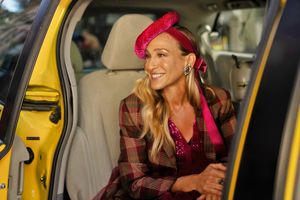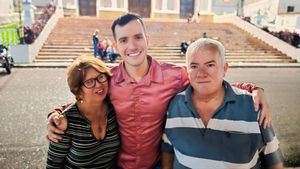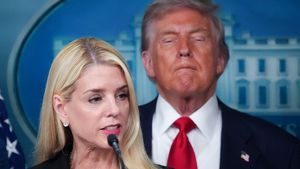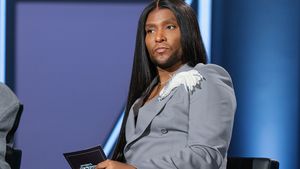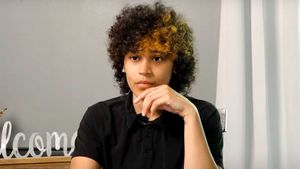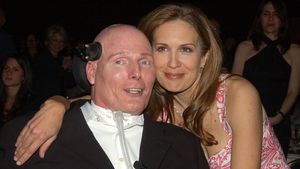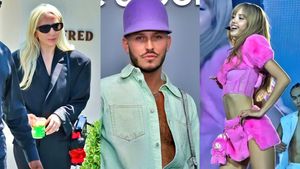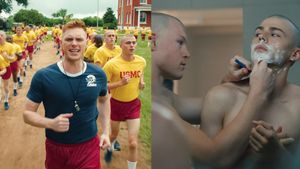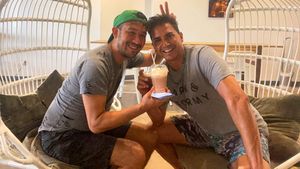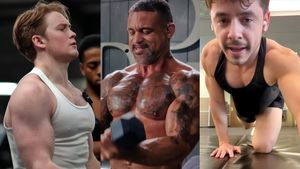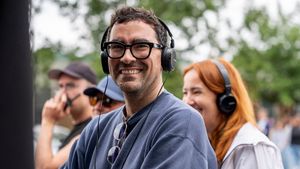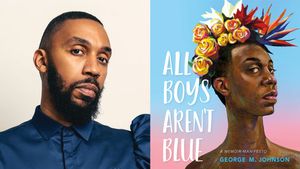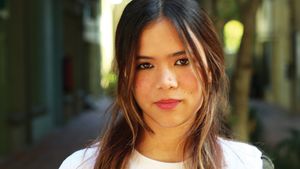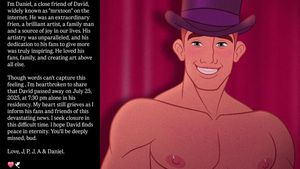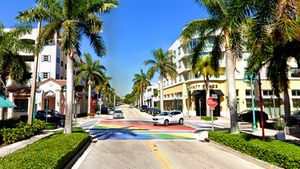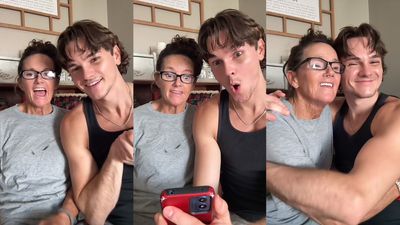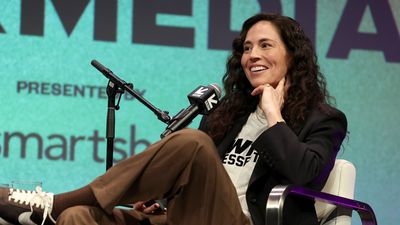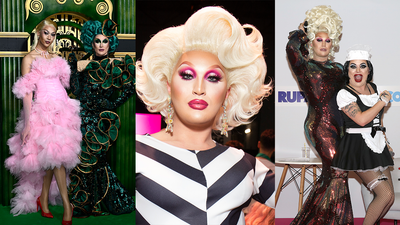In a new profile with Them, RuPaul's Drag Race superstar Shea Couleé opened up about their gender identity.
"For me in my personal life, being nonbinary is just a lot easier," Couleé said. "It feels less forced."
Since being on air, several Drag Race stars have opened up about their relationship with gender, including Couleé's season 9 sisters Aja, Sasha Velour, and Valentina. With Them, Shea shared their adolescent grapplings with gender, their admiration of America's Next Top Model runway coach J. Alexander, and what it was like growing up queer and black.
"My family had very specific expectations for how they wanted me to behave," Shea explained. "There's a lot of toxic masculinity in the black community, and most of that stems from oppression due to slavery, where black men have been very emasculated by cis men. Often they want to raise their sons to be as strong, hardened, and tough as possible, because life for black individuals can be very tough and simply dangerous. As a child who was softer, more vulnerable, and showed empathy, I’m sure it made me look like a target to my parents, someone who was weak."
"Something that my mom would say all the time growing up—and I don't even think she realized—was, 'Oh, Jaren, boys don't talk like that.' 'Boys don't stand like that.' Boys don't do this and boys don't do that. She was basically saying that some things that came very naturally to me were qualities that were only to be exhibited by a girl. That was really confusing, because it never really felt like it was so black and white, so this or that. I just felt like I was being me. Those were some of the first signs at a young age that I knew that my personal feelings about gender didn't quite fit into the status quo."
Drag gave Coulee an outlet to explore gender identity.
"Drag was me embracing the feminine, and in typical masculine culture, that's treason. Why would you want to give up the privilege given to you by being born male? That was really frightening to me. I felt really vulnerable because I remember saying to a friend before I even ventured into drag, I feel like I have this feminine personality that lives inside of me, and I just really wish that I could let her out. Even using a feminine pronoun when referring to myself in drag, that was something that felt really radical to me at the time, when I was 21 or 22."
"It was through drag that I really started to understand that I have feelings that don't necessarily lean toward what is considered stereotypically male, but I also have feelings that are very much what some would consider to be masculine. I thought, 'My duality exists within who I am as Jaren and then who I perform as as Shea,' but as I continue to do drag, the difference between the two isn't [so divided]. Shea is a part of me and very much who I am. The only difference is that I put on makeup and a wig."
Opening up about their gender identity is just another step along Couleé's journey. "It hasn't changed my approach to drag at all," they said. "If anything, it gives me more freedom to not think in binary terms about my work."
EXPAND
Shea went on:
"I'm using it as an opportunity to give people a deeper look into me and who I am. It allows me to be more vulnerable and open. Regardless of how I'm dressed or how I'm presenting on stage, I still want the fans to look at me and see that what they're witnessing—this performer, this artist—is really just trying to present you with their most authentic self."


